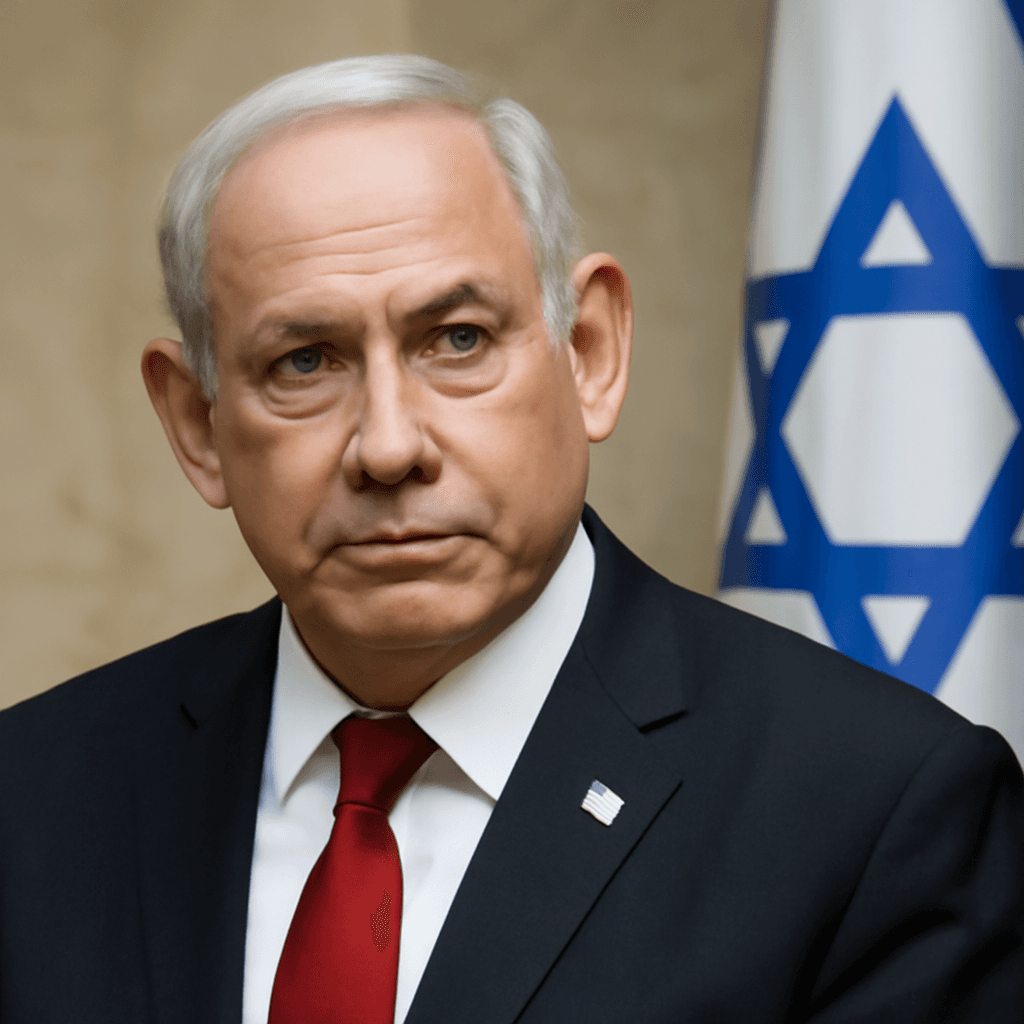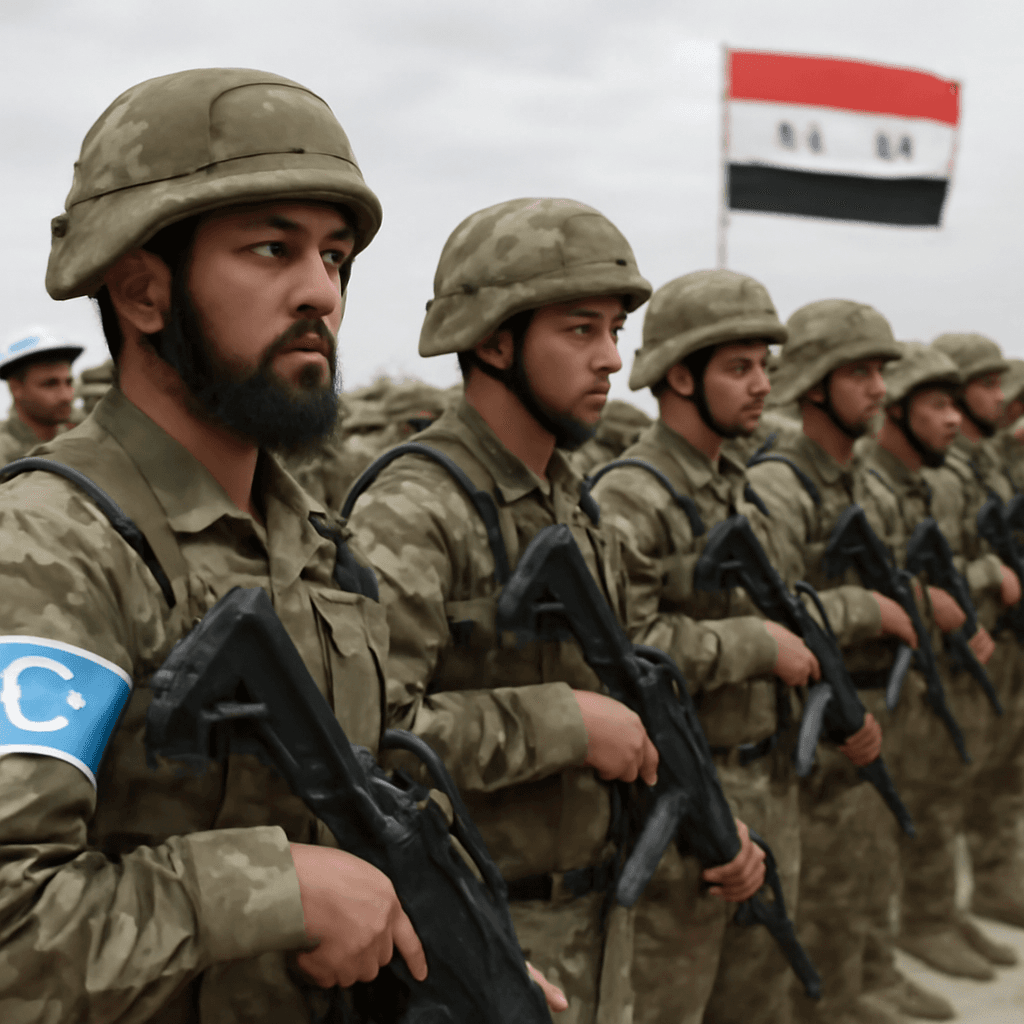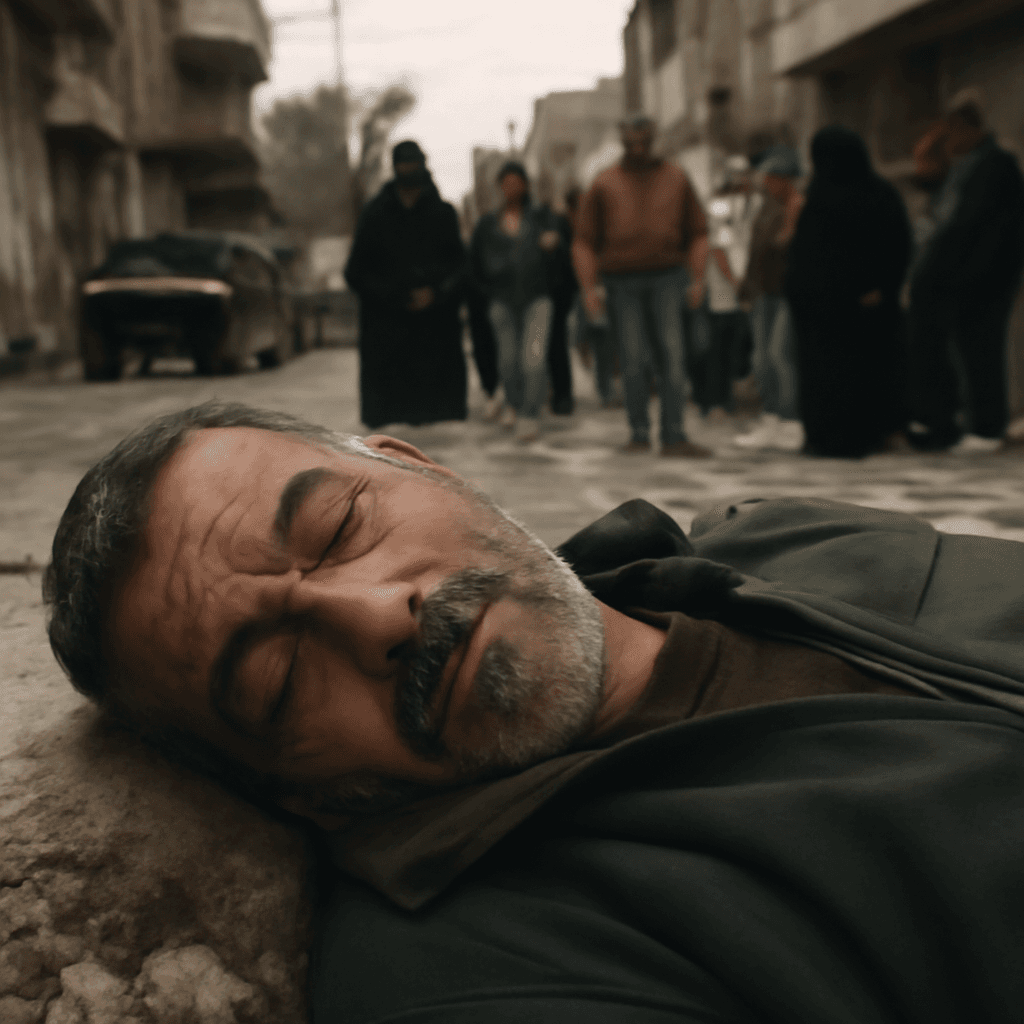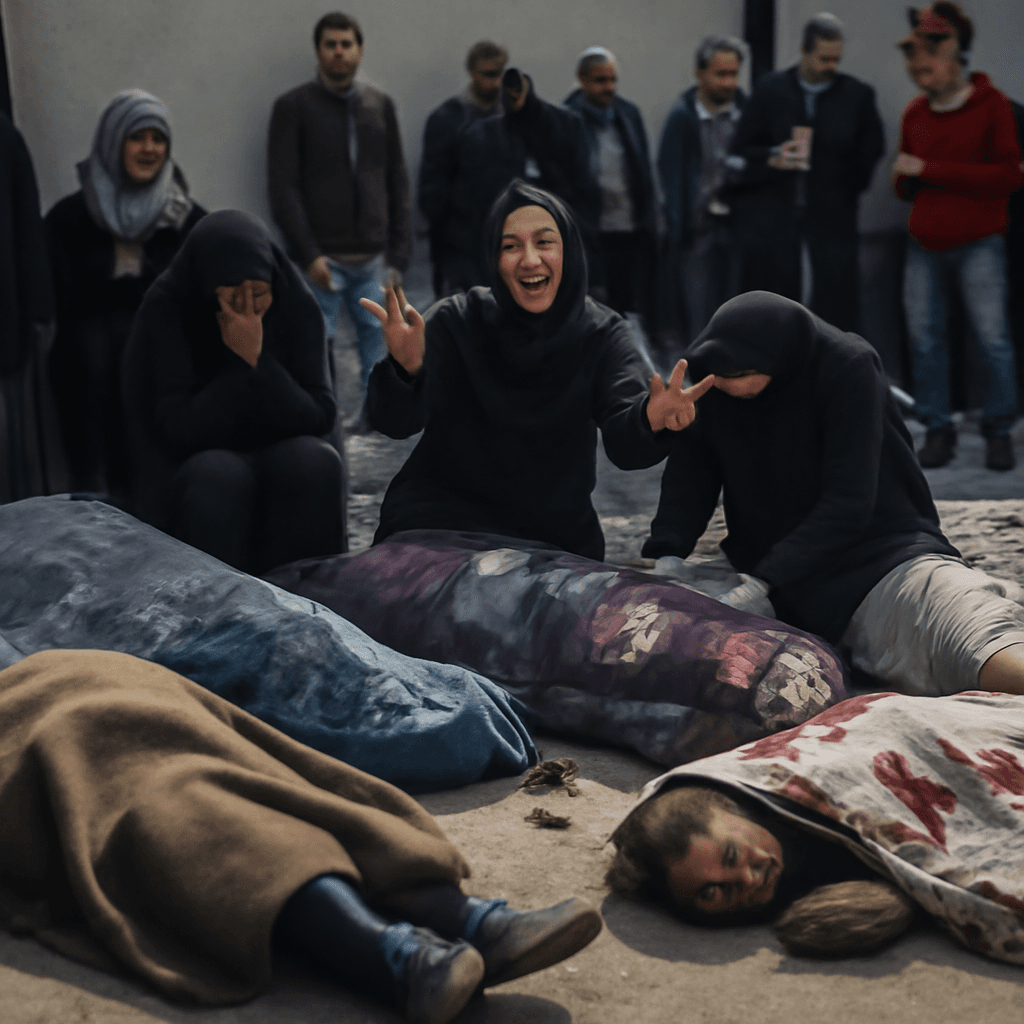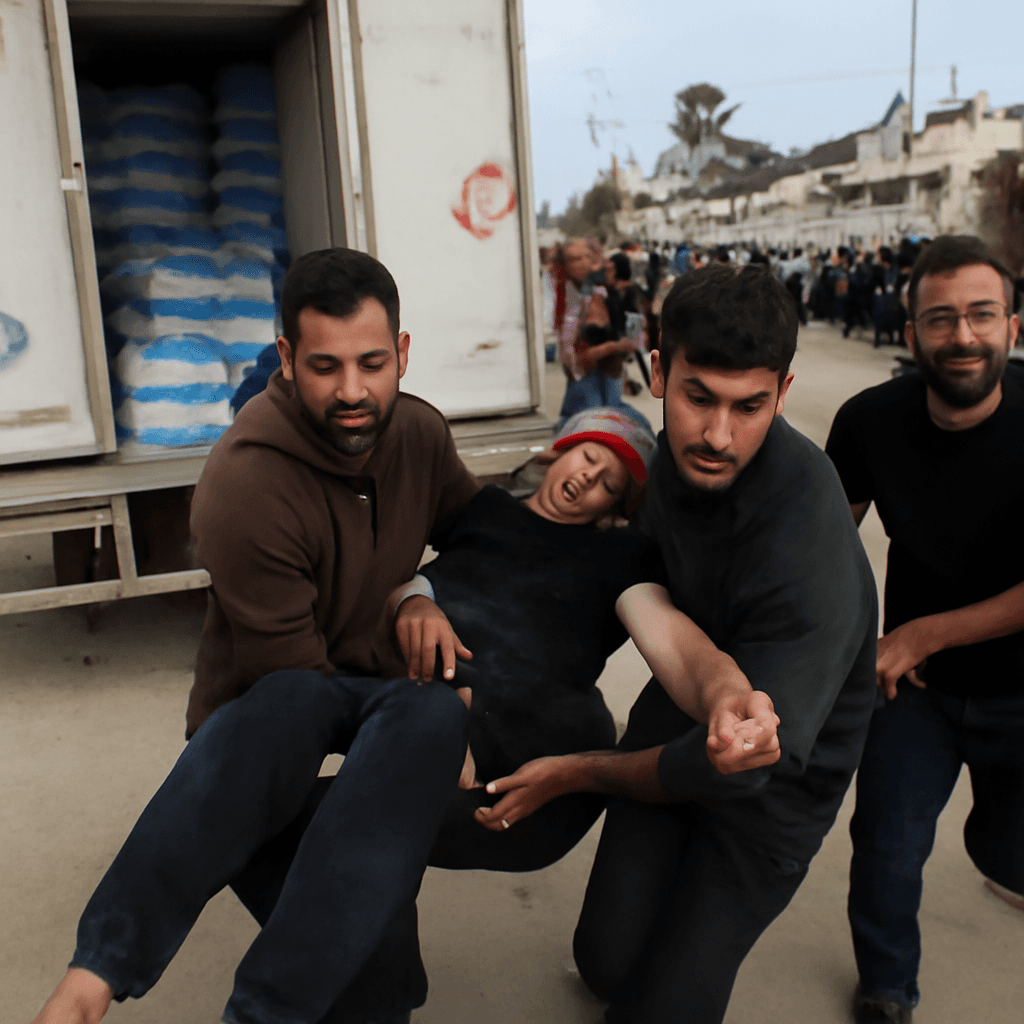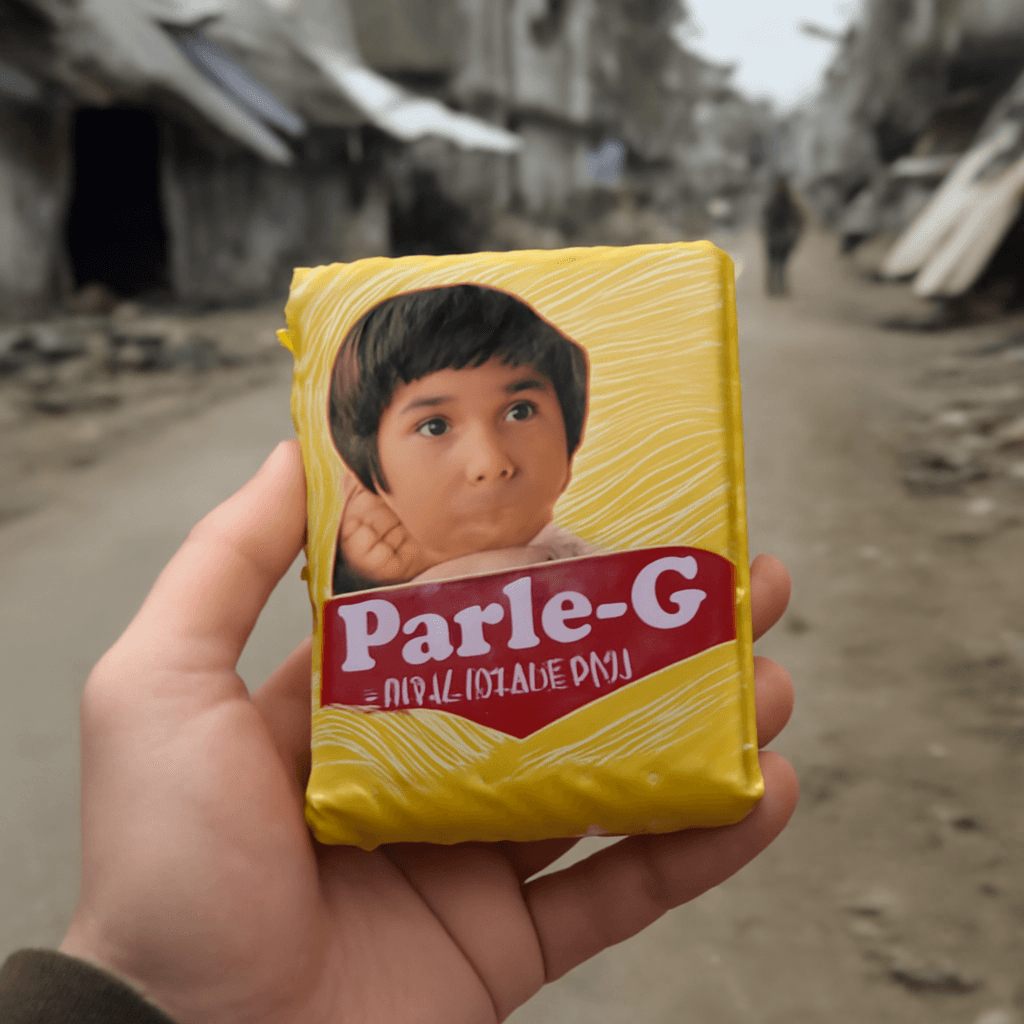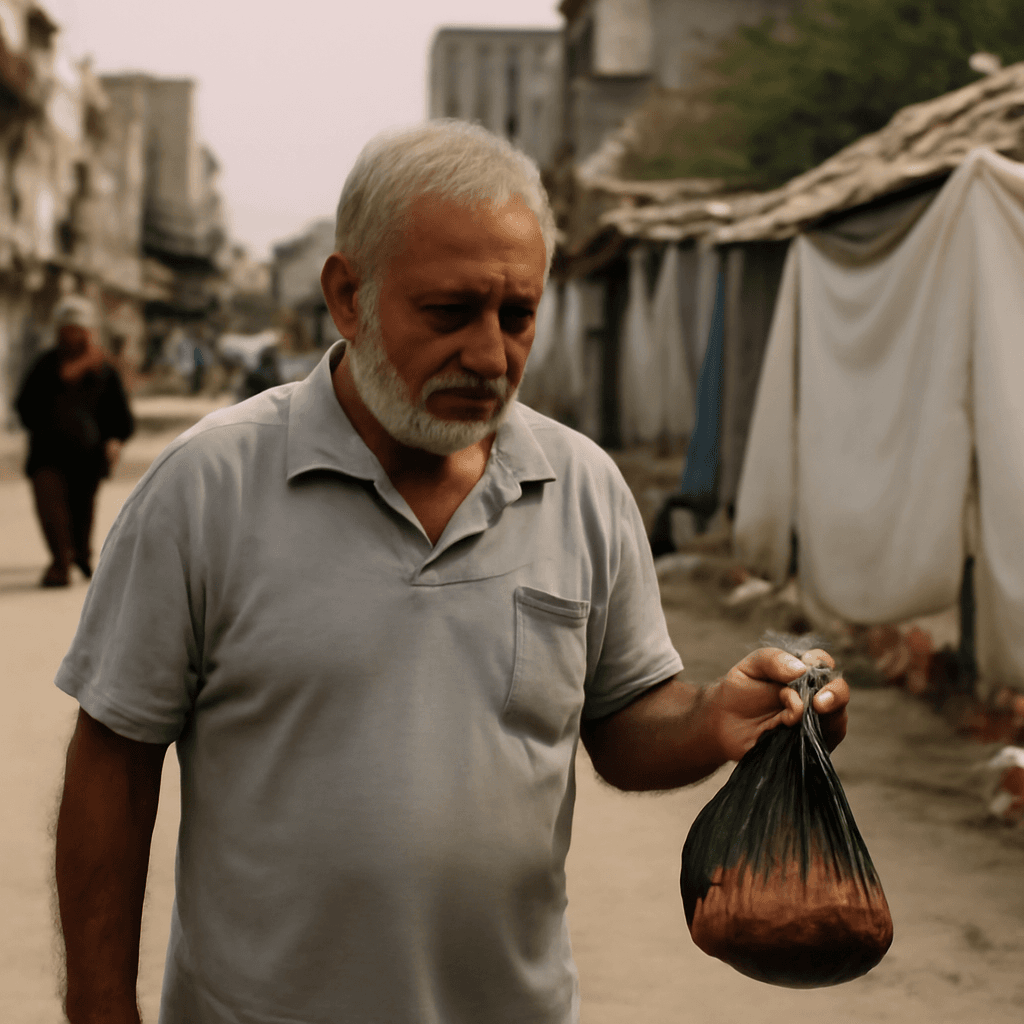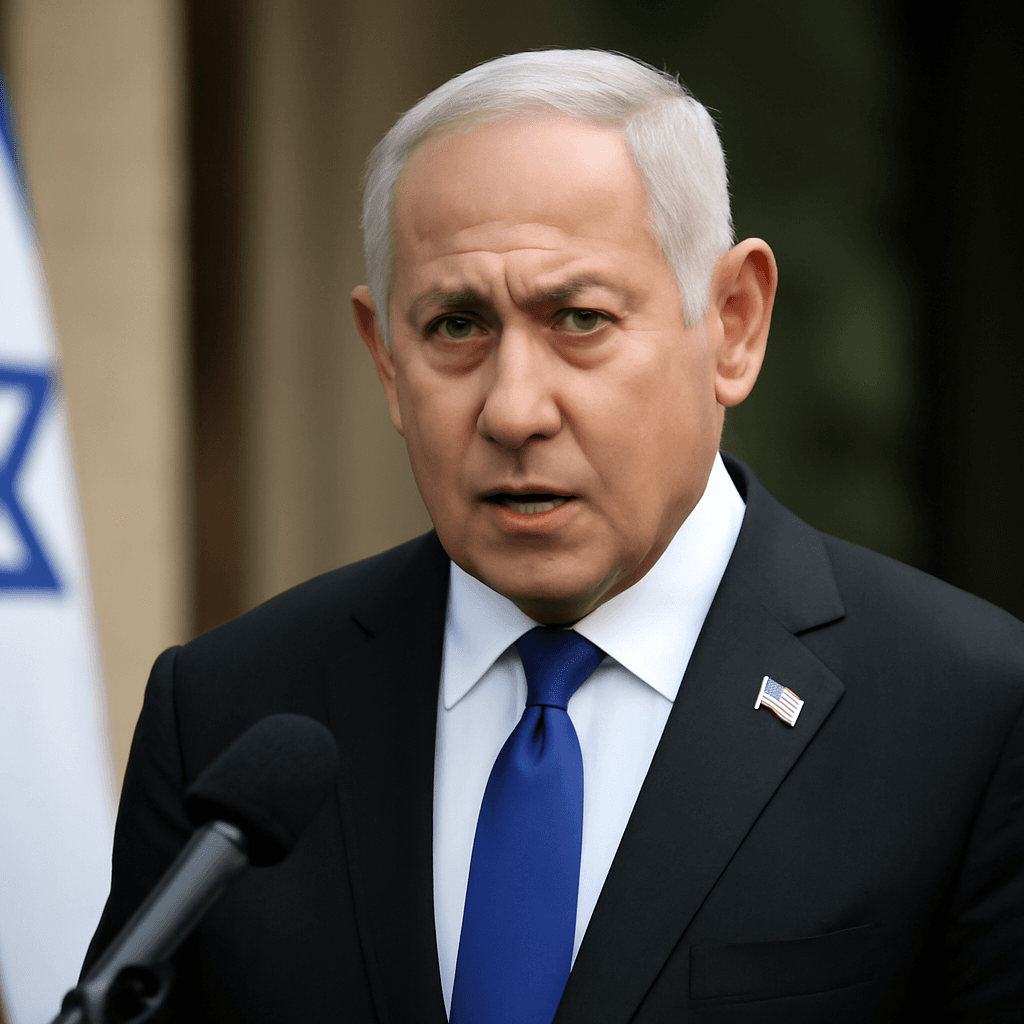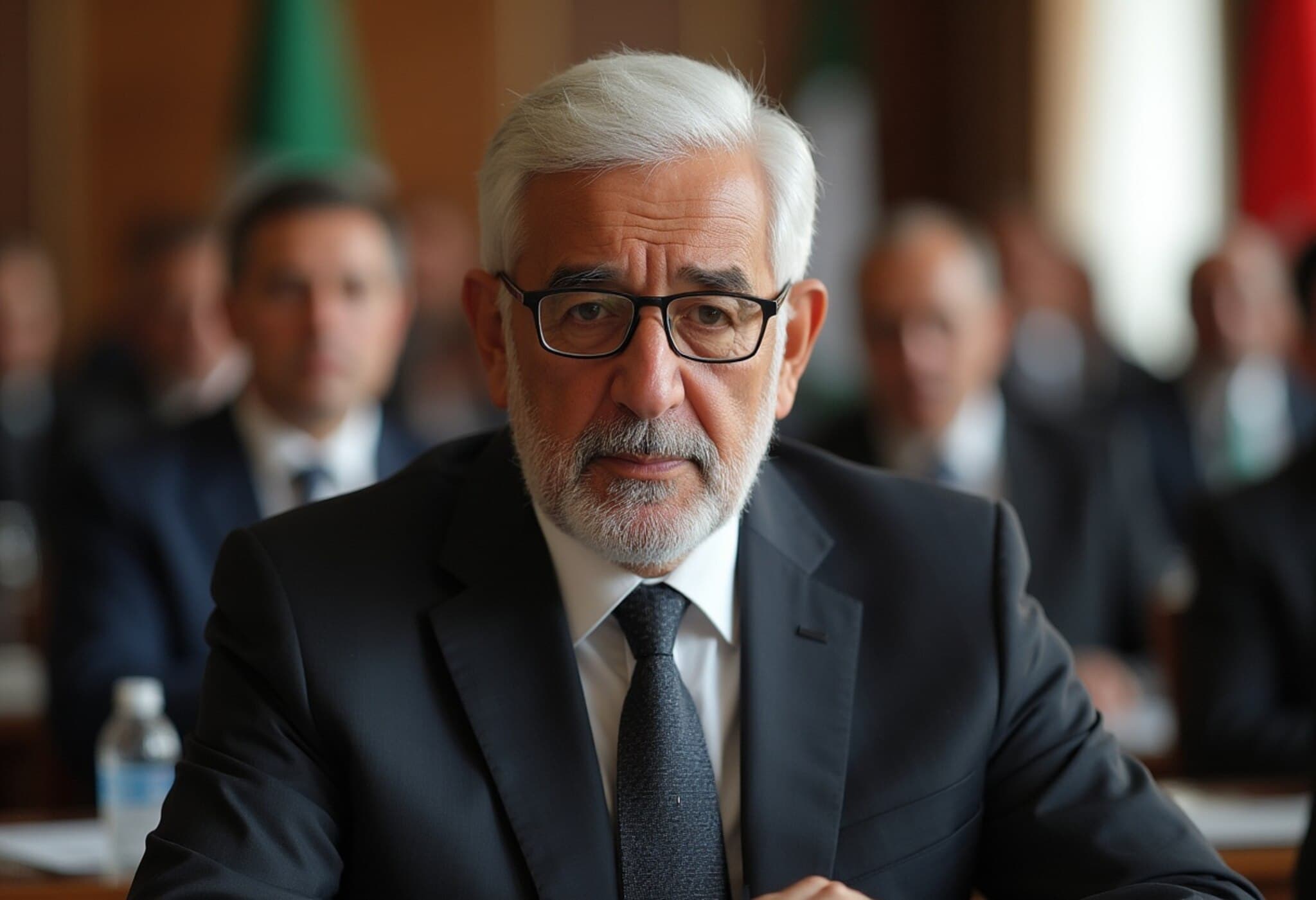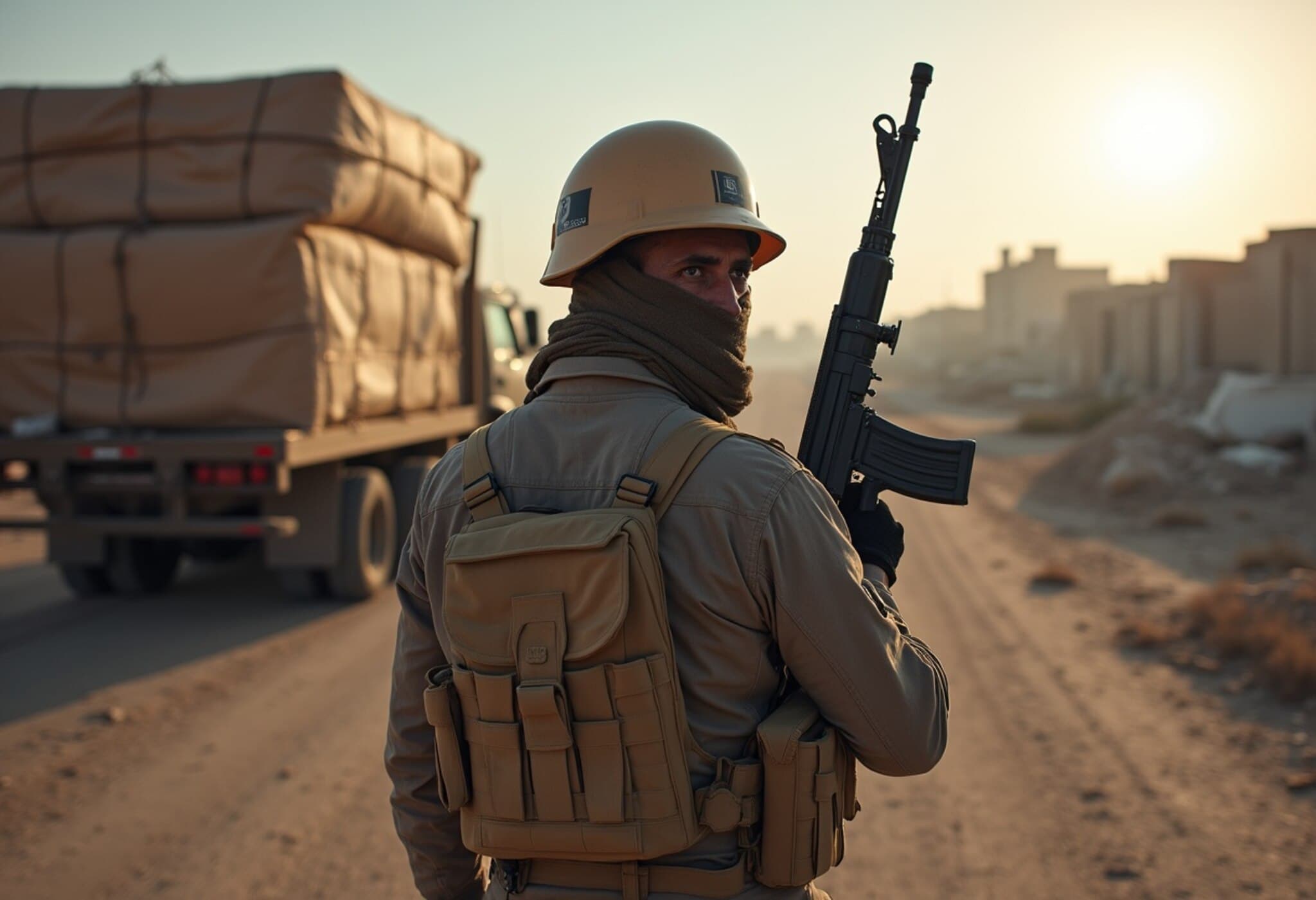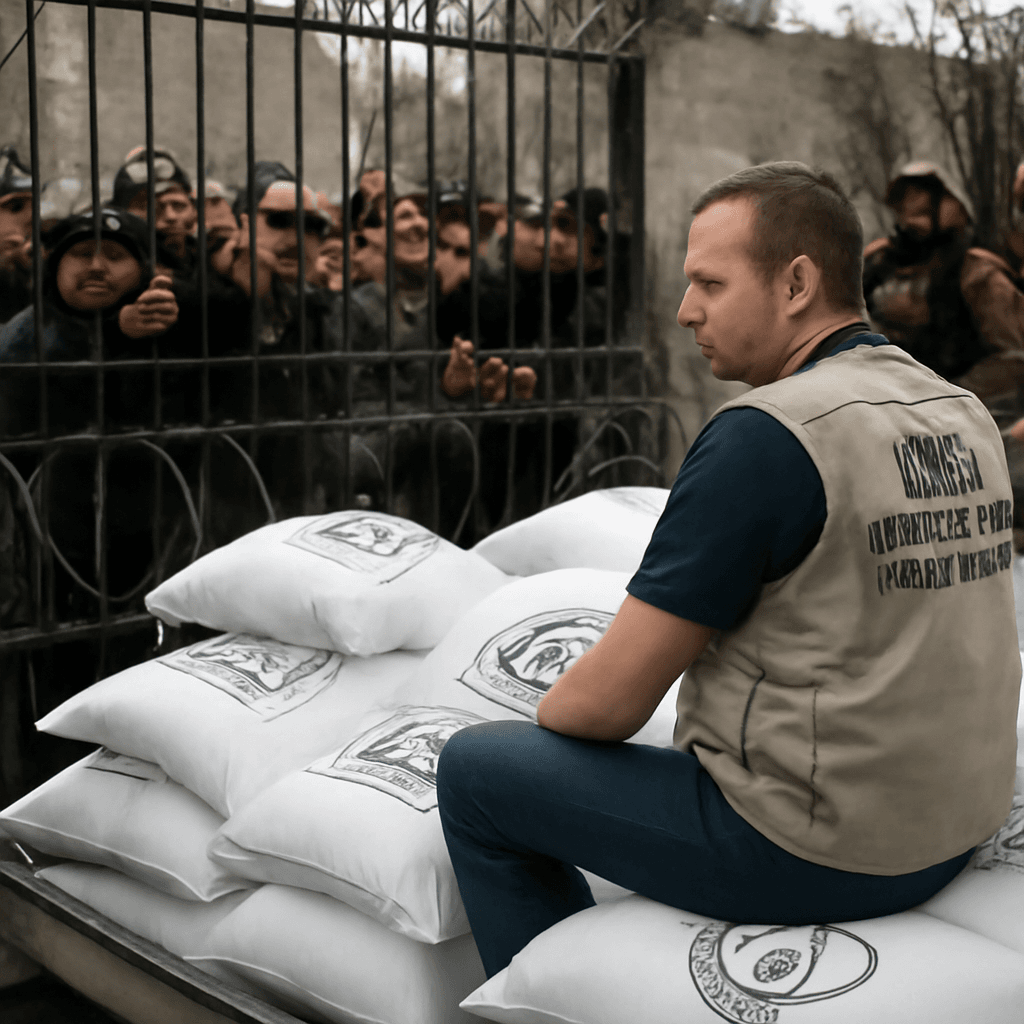Netanyahu Confirms Israeli Support to Armed Group in Gaza Opposing Hamas
Israeli Prime Minister Benjamin Netanyahu has publicly acknowledged that Israel supports an armed faction in Gaza that opposes Hamas, despite growing concerns from security experts and regional analysts. This revelation has sparked controversy given the group's alleged criminal activities and role in further destabilizing Gaza amid an ongoing humanitarian crisis.
Support for Opposition Group Amid Criticism
Netanyahu responded to claims that Israel supplied weapons to this group, led by Yasser Abu Shabab, by questioning the negativity surrounding the support. He stated, “What is bad about that? It is only good; it is saving the lives of Israeli soldiers.” Former defense minister Avigdor Liberman had earlier suggested that weapons were transferred to this faction at Netanyahu’s direction.
Profile of the Armed Faction
The group, reportedly linked to a Bedouin tribe in the Rafah area and self-identified as the Popular Forces, has been implicated in looting humanitarian aid. According to regional analysis, their leader Abu Shabab was previously incarcerated by Hamas for drug smuggling. Hamas has accused the group of collaborating with Israeli forces to loot aid supplies and exacerbate crises within Gaza.
Key Points:
- The Popular Forces have reportedly received weapons, funding, and shelter from Israeli security units.
- Hamas describes the group as traitorous and criminal.
- Four group members have recently been killed by Hamas in internal hostilities.
- Local tribal leaders condemn Abu Shabab as a collaborator and gang leader.
Regional Security Experts Warn of Risks
Experts express significant concern over Israel's strategy of empowering this faction. A Palestinian affairs analyst called the decision “a fantasy”, cautioning it may lead to greater instability and unintended consequences for both Israeli security and the broader region.
Humanitarian Crisis in Gaza Intensifies
The disclosure of this support comes amidst a severe humanitarian emergency in Gaza. Following a major offensive by Israel in response to a deadly Hamas-led attack in October 2023, the territory faces widespread destruction. Over 54,000 Palestinians have been killed, with approximately 90% of the population displaced. Essential resources including food, shelter, and medical supplies are critically scarce, compounding civilian suffering dramatically.
Efforts to deliver aid have been hampered by security concerns and reports of lootings, triggering the closure of humanitarian distribution centers recently established as alternatives to United Nations agencies.
Denials and Continuing Conflict
The Popular Forces have denied collaboration with Israel, claiming their weapons derive solely from local support and are outdated. However, ongoing clashes with Hamas and accusations by multiple parties highlight the complex and volatile nature of the faction’s role in Gaza.
Potential Implications for Regional Stability
Analysts warn that backing armed groups labeled as criminal gangs could exacerbate instability in Gaza and undermine broader peace prospects. The move to utilize such factions as proxy forces risks deepening divisions and complicating efforts to address the humanitarian and security challenges in the region.

